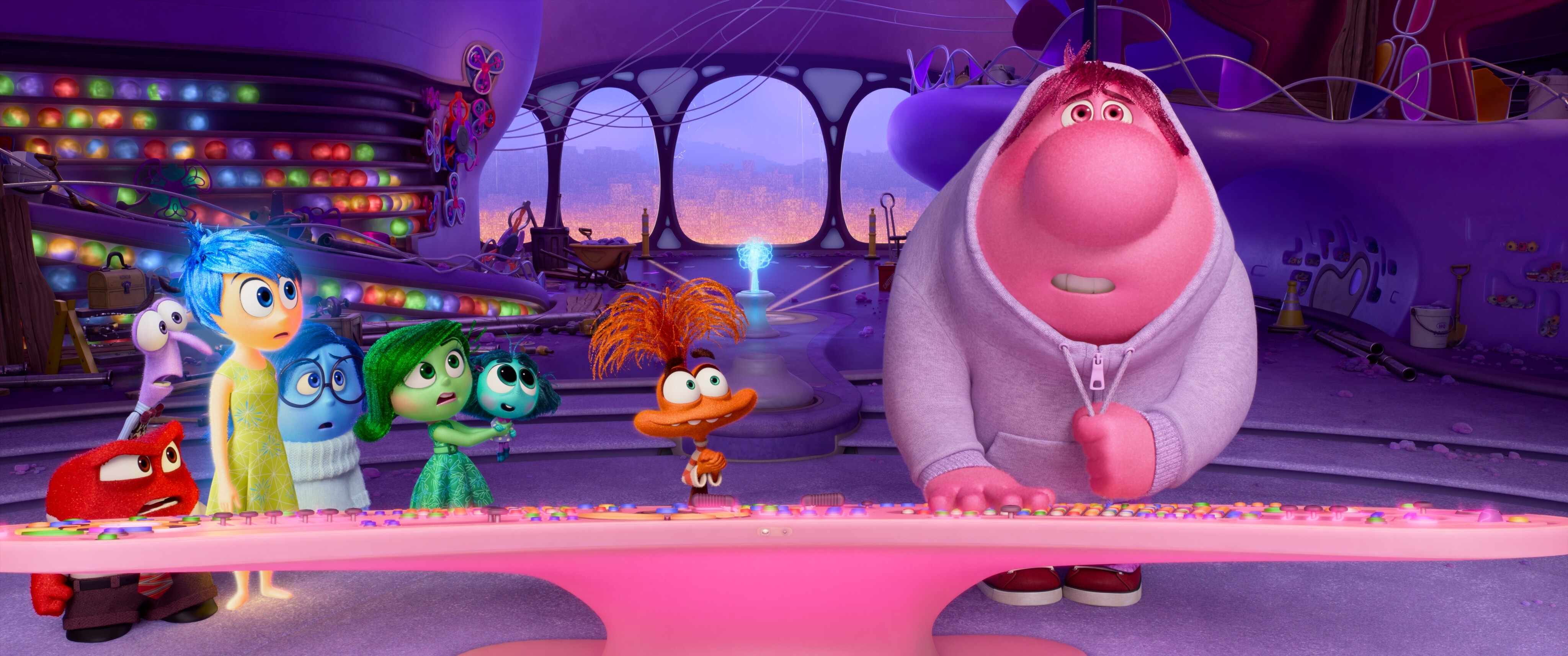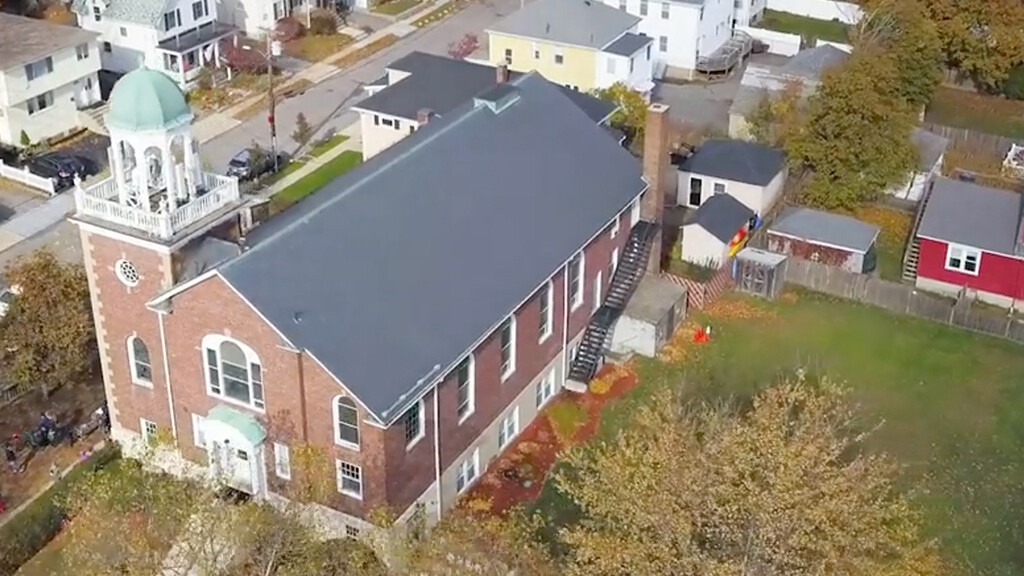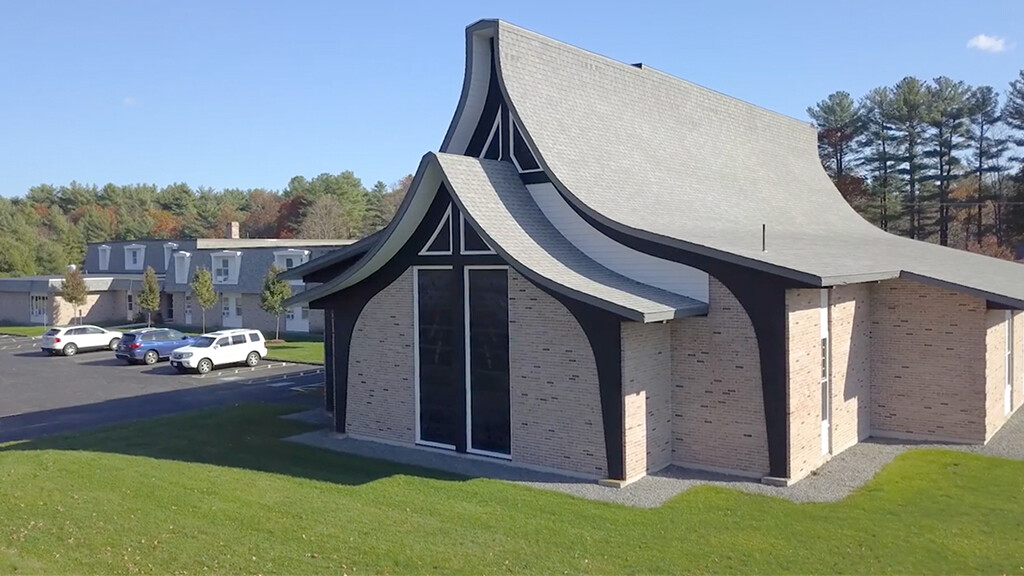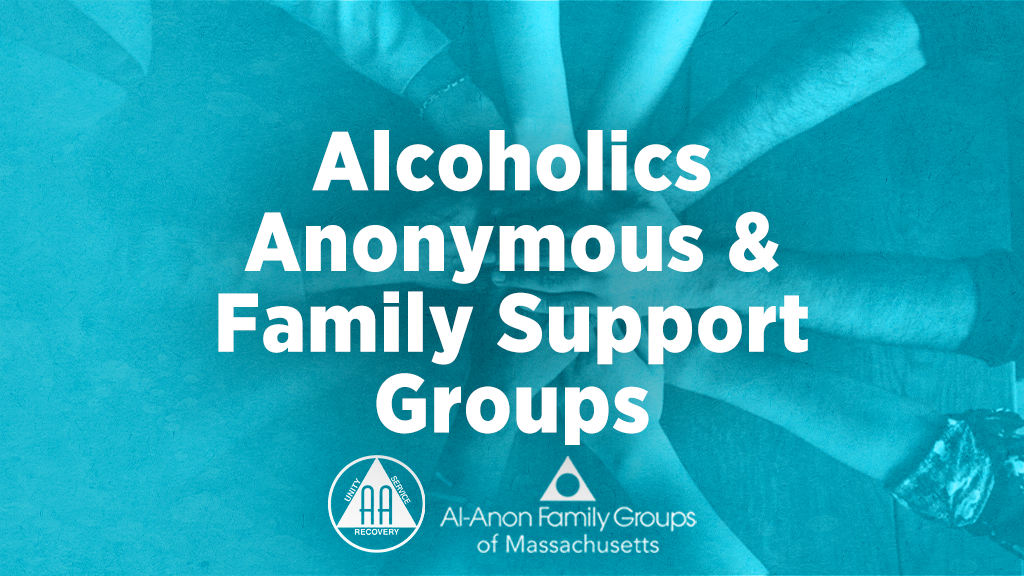
How can movies influence our faith?
Is Inside Out 2 appropriate to show my kids? This summer, Pixar released a sequel to their 2015 hit, Inside Out, and it has been a huge box-office success. But should you watch it? Should your 10-year-old watch it too? How about a 7-year-old?
When questions are asked like this, the main things that are in mind are about the content and what language and visuals kids might be exposed to. Many websites exist that will count the swear words and describe violent scenes in great detail.
But the more impactful angle to consider when watching a movie is how you will continue the conversation after the credits roll.
Any film, whether “for kids” or not, is starting a dialogue about life’s big questions – who we are, what’s most important, and what it means to be good.
A thoughtful faith means listening to how a movie answers those questions, and starting a conversation about how your beliefs do or don’t align with the message of the film.
Engaging With Film
Movies are a staple in American culture. They’re a fun way to immerse yourself in sights and sounds that may or may not reflect your day-to-day life, usually introducing a new setting, characters, and a plot that wraps itself up in a couple hours.
Movies generate social experiences – you go to the theaters with friends, you interact with memes online, you reference lines or scenes in a conversation.
In a family setting, parents often ask (as they should!) if a particular movie is appropriate for their kids and teens to watch. You don’t have to try too hard to find movies with content that is too heavy for children.
Movies with “R rated” substance are rated this way because of an awareness that depictions of violence, sex, drug abuse, or language may require a conversation or explanation that you’re just not ready for.
If you could single out any one people group who has historically been finicky about what to watch and not watch at the theaters, you’d have to point the finger at American Christians. Only a generation ago, it was common for church communities to look down upon believers who would go to the movies, potentially exposing themselves to sinful images.
Go back even further, and a Catholic organization was actually the first to give movie ratings: A for acceptable, B for morally objectionable, and C for condemned. But even today, notable Christian leaders continue to frown upon Hollywood, and different movie review websites will caution Christian parents against films, even some that are rated PG or PG-13. So, how do we actually go to the movies with a clear conscience?
What Did We Just Hear?
It’s a good idea to make sure that the movies we’re showing our kids don’t have “adult content” that isn’t appropriate for their age and development. But as thoughtful Christians, the more important question when considering movies is not “what is this film showing me” but rather, “what is this film telling me?” Movies contain story, character, humor, but they also carry a particular meaning or message, or at the very least, a perspective on life.
The worldview of a movie can point to the gospel message, or go against it, or far more commonly, have a mix of the two. A parent raising young believers can have the approach of dialoguing with a movie, rather than steering clear. The car ride home from the theater can be full of questions like,
- What did the characters learn in that movie?
- How did that movie tell you who were the “good guys” and who were the “bad guys”?
- Where do you see similar or opposite stories in the Bible?
Through these conversations, our kids and teens have the opportunity to learn much more than the lesson that comes across when they are told “close your eyes!” or “let’s fast forward this scene.”
“Reading” Inside Out 2
Let’s just take a moment to examine Inside Out 2 to find out what the movie tells us about life, friendship, and identity. Mild spoilers ahead!
In Inside Out 2, Riley is navigating an inner world that is becoming more complex as she begins puberty. The previous cast of emotions – Joy, Sadness, Disgust, Fear, and Anger are joined and swiftly dismissed by Anxiety, Embarrassment, Ennui, and Envy.
The plot of the movie revolves around Joy and her crew returning to the control center while Anxiety wreaks havoc on Riley’s personality.
The opening minutes of the movie serve as a recap of the original film, and they also add a crucial plot element for this movie – Riley’s sense of self.
Joy narrates the opening montage as the camera shows us how some memories are chosen to be core enough to become beliefs, and how those beliefs are brought together to become Riley’s sense of self. We get a flash tour of some of Riley’s beliefs: “my parents are proud of me,” “I am kind,” “I am a good friend.”
These beliefs create strands that weave into one statement (“I’m a good person”) that summarizes Riley’s sense of self. As the movie develops, this sense of self gets challenged as Anxiety allows other thoughts into Riley’s core beliefs.
Inside Out 2 portrays how identity is formed: memories become beliefs which together become your own sense of self. And as characters add and remove to the pool of core beliefs, Riley’s motivations and her relationship with her friends change.
The visual portrayal of identity formation can be a helpful platform for families to have a conversation about what beliefs we hold, where those beliefs come from, and how Christian beliefs might influence our whole person.
We can ask our children to share some of the beliefs that they have, or to get them to reflect on what one statement best summarizes the person they are, or the person they want to be.
The key is to take a conversational approach when engaging with movies, using them as a springboard to discuss your family's beliefs and values.
Avoid just focusing on inappropriate content - instead, dig deeper to understand the underlying messages. Ask thoughtful questions that connect the film's themes to your Christian worldview. By fostering an open conversation, you can leverage the power of movies to disciple your children and strengthen their faith.
All images ©Disney. Editorial use only.










Login To Leave Comment